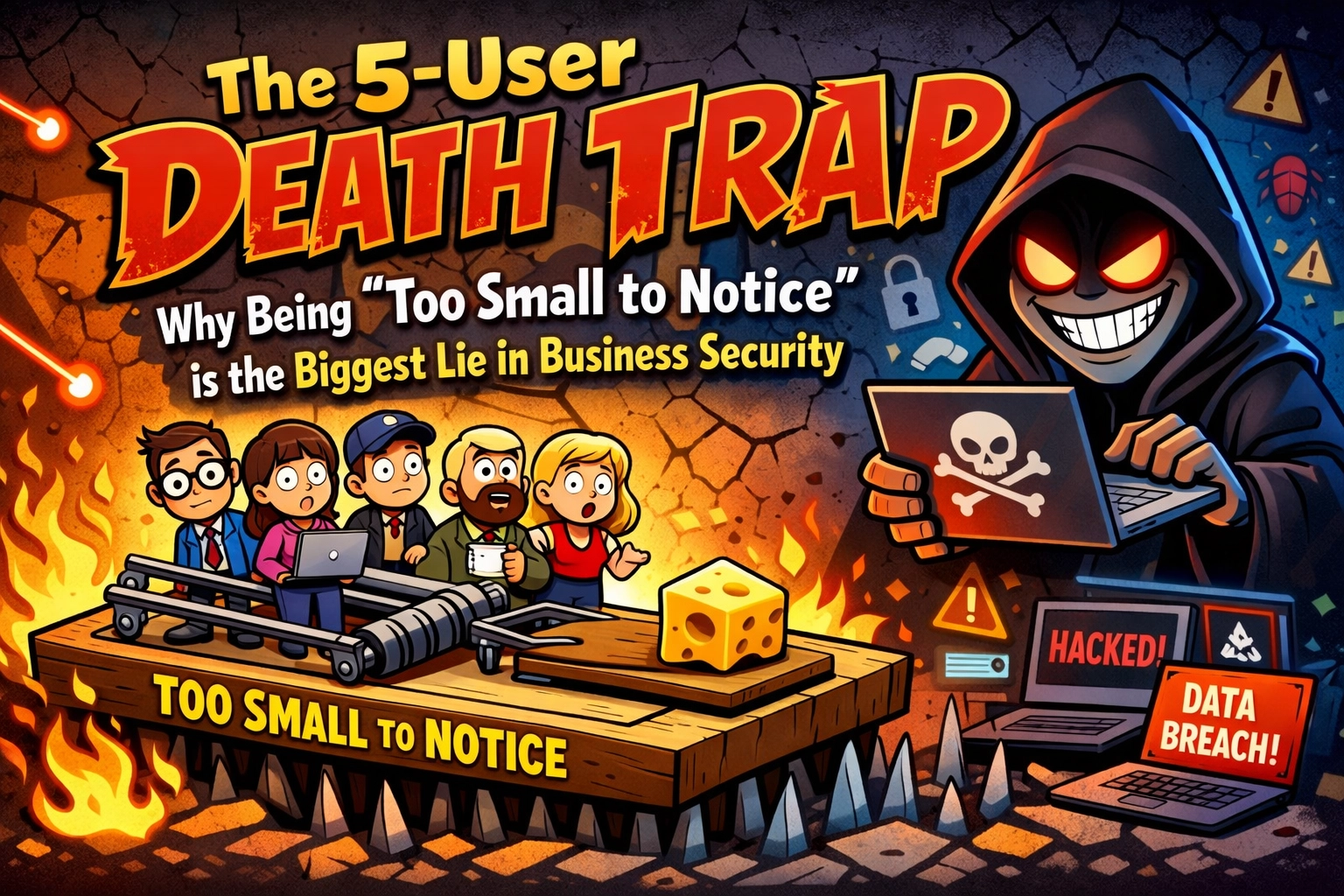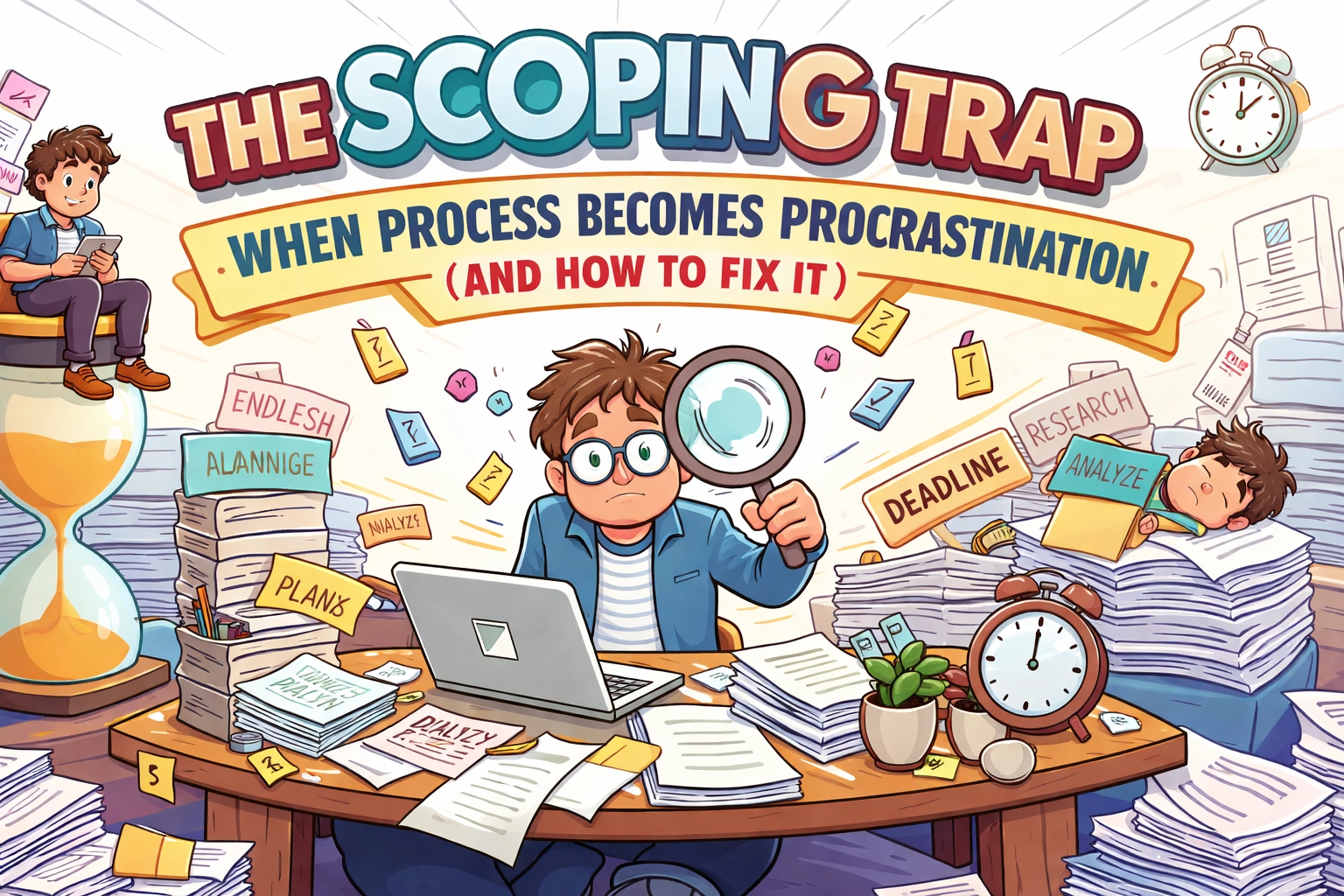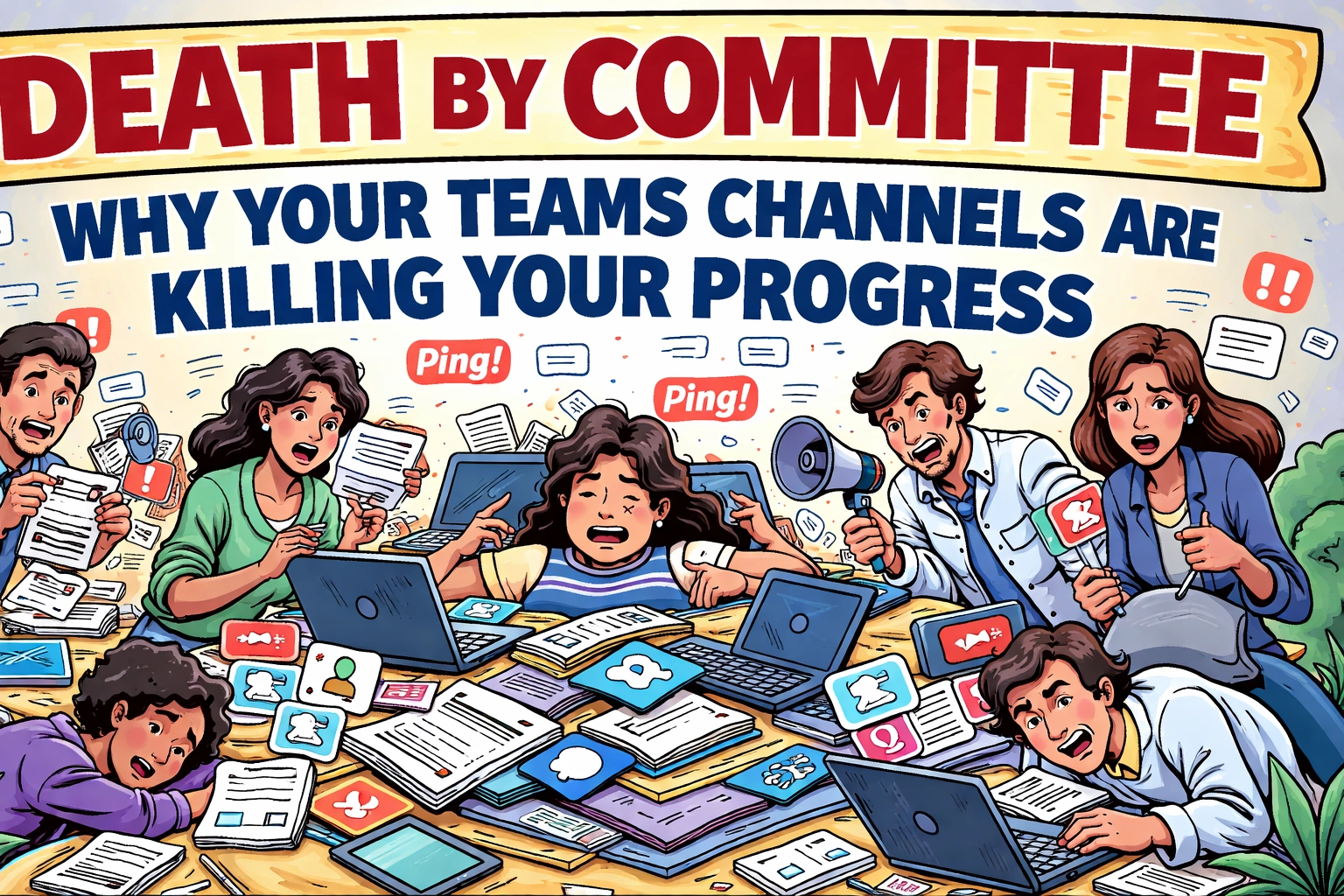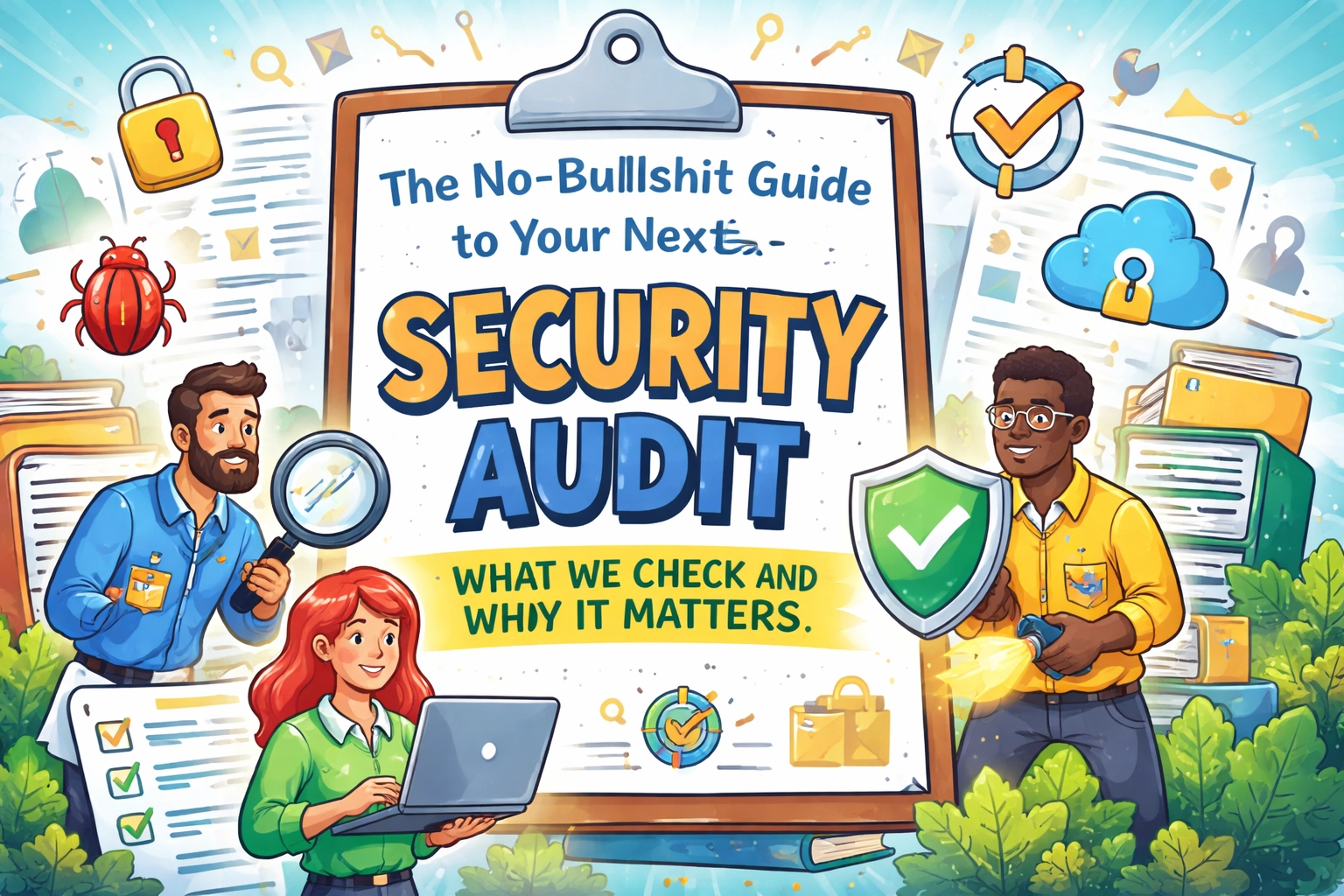As a systems administrator and web developer, I’m not new to software platforms, business workflows, or how billing systems should work. Which is why I’m calling out Yelp — and the court system that let them get away with something no ethical company should do to a small business owner.
The Short Version
Yelp sold me an advertising package via cold call. I canceled the campaign within two weeks. Yelp confirmed the cancellation — twice. But what they didn’t make clear was that another ad campaign, under a different business name I wasn’t actively promoting, remained active.
I never saw that second campaign clearly identified. I got no phone calls, no leads, and no warning emails that anything was still running. Yet the charges kept piling up.
When I refused to pay what eventually ballooned into a $773 bill for services I didn’t use or want, Yelp started collections threats. I ultimately paid them $679.06 under duress — not because I agreed with the charges, but because I didn’t want to risk damage to my credit. That payment was made to avoid harm, not because I was in the wrong.
Their Defense? “You Should Have Known.”
Yelp’s interface is confusing even for someone in tech. Everything is grouped together — one dashboard, one billing section – except when it comes to cancelation. Their own rep admitted in a recorded call that it was confusing.
I followed the cancellation process. I got confirmation emails saying the ads were canceled. But because one campaign under a separate brand name remained buried, they kept billing me. And when I tried to fight it, I got silence, delay, and eventually threats of collections.
This isn’t just an “oops.” It’s a repeatable revenue model built on ambiguity. Yelp knows most small businesses don’t have the time or resources to fight these charges. Their cancellation flow lacks clarity by design, and their support structure offers just enough friction to exhaust the average user.
It’s a digital game of “gotcha billing” — optimized for revenue, not for ethics. And it works — not because it’s fair, but because most people will do what I did: pay to make the problem go away.
The Court’s Role
I took the issue to small claims court in Arizona. Yelp argued it should be in San Francisco. The judge shut that down. Yelp argued for arbitration. The judge shut that down, too.
But then, after hearing all the facts, the judge ruled that my $679 payment was a “settlement” and called it “accord and satisfaction.” In other words: by paying to stop them from hurting my credit, I waived my right to recover damages.
That logic lets giant companies squeeze small business owners into settlements, then hide behind legal formalities to avoid accountability. No real services rendered. No meaningful opportunity to stop it. Just a confusing billing system, a cold call sales pitch, and a collections threat.
Let’s be clear: the court had the ability to award damages for time lost and harm to business — Arizona law allows that when losses are reasonably documented. The judge chose not to. And that choice sends a message: pay under threat, and you’re stuck.
That’s not justice. That’s rubber-stamping predatory behavior.
What This Really Is
This wasn’t just a “miscommunication.” It was a predatory billing system, combined with a user interface that’s either incompetently designed or deliberately misleading.
Yelp’s business practices punish small business owners for trusting their platform. And the legal system — even when it sees the bad behavior — shrugs and says, “Too late. You paid.”
If Yelp can trap users through vague interfaces, hide campaign continuity behind nested dashboards, and then lean on collection threats to force payment — and a judge will still side with them — then what’s stopping any other tech company from doing the same?
🔥 Why I’m Speaking Up (and You Should Too)
I run a business that values transparency and integrity. I help clients avoid situations like this. And now, I’m speaking up because this isn’t just about me.
Yelp’s backend is confusing by design. Its billing systems are unclear, its reps are unhelpful when things go wrong, and its policies exploit small businesses — especially those without legal teams or hours to waste on technicalities.
Their model relies on confusion, pressure, and fear of credit damage — not trust or value delivered. And while the court’s ruling may be legally valid, it highlights a gap in ethical accountability. I didn’t pay because I agreed — I paid to stop harassment and avoid being hurt financially.
Let me be blunt: companies like Yelp shouldn’t be allowed to operate this way. This isn’t a one-off problem. I’ve seen similar complaints online. If you’ve been wronged by Yelp’s billing practices, misleading ad setup, or collections pressure, speak up.
📣 Here’s What You Can Do Right Now:
- 🔎 Share your story publicly — on forums, blogs, and platforms Yelp doesn’t control.
- 📝 Leave honest, fact-based reviews — you’re not alone.
- 📢 File formal complaints with:
- 🔁 If you work in tech — audit Yelp’s backend and compare it to modern standards like Meta Ads or Google Ads. Ask yourself why cancellation is so hard.
- 📡 If you’re in journalism or law — start digging. This is a dark pattern baked into the billing experience.
- 🤝 If you’re just a business owner who cares about fairness — amplify this. Tell your network. Warn other small businesses.
Yelp may be a giant, but enough small businesses standing together can do something bigger: expose their tactics and force a better standard.
We deserve better than fine-print traps, vague confirmations, and legal loopholes. Yelp should not get a pass.
It’s time we hold them — and those who enable them — accountable. Together.





